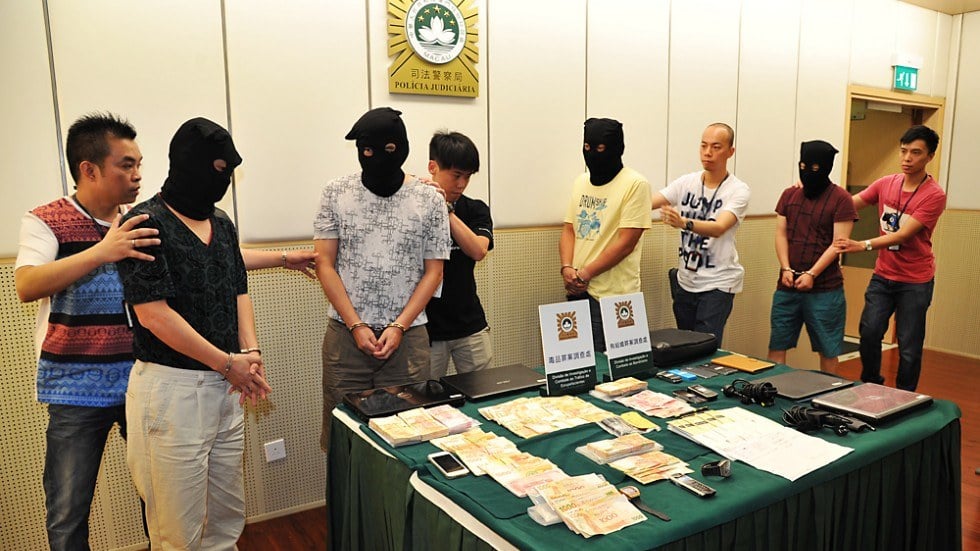Inside the World of Underground Gambling Operations
Illegal gambling rings represent a shadowy and highly profitable side of the betting industry, despite intensive efforts by law enforcement to dismantle them. These covert operations continue to thrive as individuals and groups seek to bypass legal restrictions and avoid taxation on their winnings.

Setting Up a Covert Gambling Operation
Almost anyone can establish an illegal gambling ring, which is part of what makes them so prevalent. These enterprises may operate from seemingly ordinary locations like residential homes or discreet, isolated venues where they are less likely to draw attention. The more inconspicuous the setting, the better for evading detection.
A successful ring requires specific roles, usually filled by a tight-knit group to reduce risk. Critical positions include:
- The head bookmaker, often the organizer and principal decision-maker.
- An operations manager who oversees daily activities at the venue.
- Supporting staff handling tasks such as taking phone bets, collecting debts, processing wagers, and managing financial flows.
To sustain the operation, substantial funds are necessary-typically enough to cover multiple months of potential losses should bets not play out favorably.
Larger underground rings sometimes adopt the facade of legitimate businesses. One notable example is the $5 billion Texas ring in 2013, run by Albert Reed Jr. under the guise of Global Internet Corporation. This operation accepted wagers online via 25 disguised websites, which clients could only access with secret credentials.
The Mechanics of Illegal Betting
The method for taking bets varies widely, depending on the size and sophistication of the operation. Smaller, local rings may rely on direct phone calls, with agents personally collecting bets and disbursing winnings.
More ambitious networks, particularly those operating online, employ advanced security measures to facilitate wagers. These may include encrypted login procedures or even platforms accessible solely through the dark web, a network of hidden servers requiring special software for access. Such systems make tracking and law enforcement intervention even more challenging.
Profit Generation in Illicit Gambling
Despite the inherent risks, underground gambling can yield enormous profits. A primary reason is the absence of tax obligations. Operating outside the legal system means all earnings bypass government taxation.
For instance, licensed gambling companies in Nevada pay up to 6.75% tax on profits, contributing over $868 million annually in taxes alone. If such taxes were ignored due to illegal practices, the resulting profits would be even more substantial-a major incentive for illicit operators.
High-Stakes Wagers and Wealthy Clients
Eluding government oversight doesn’t just eliminate taxes and regulatory headaches; it also attracts high net-worth gamblers seeking large, unregulated bets. These “whale” bettors are known for making single wagers upwards of £1 million.
On a global scale, even a few wealthy clients can move massive sums of money through illegal networks, amplifying the sheer profitability of these operations.

Smoke Screens and False Fronts: Shielding the Real Operators
Illegal gambling often survives thanks to sophisticated deception. Sometimes, operators themselves tip off authorities about minor operations, knowing that shutting them down creates the illusion that authorities are tackling the issue. These publicized raids typically target lesser rings without significant financial activity.
Such actions appease public concern but frequently leave major players untouched. Corruption, in the form of bribed officials, can contribute to this situation, allowing the most profitable rings to operate with minimal interference. The dynamic is reminiscent of Prohibition-era speakeasies: their presence is widely suspected or known but often overlooked by authorities.
The Evolving Landscape of Underground Gambling
Organized underground gambling remains deeply intertwined with broader betting culture, existing alongside legal establishments. Connections with influential individuals help these rings flourish, while targeted enforcement often spares the most lucrative operations.

Operating outside legal boundaries means these rings evade taxes but also any legal protections. Violence, extortion, and exploitation are common, while addiction remains unaddressed and business practices go unregulated. As digital technologies evolve, illegal operators gain new tools to obscure their activities.
For now, without a major shift in enforcement or regulation, illegal gambling rings are expected to continue growing, leveraging secrecy, technological advances, and social blind spots to enhance both reach and profitability.













